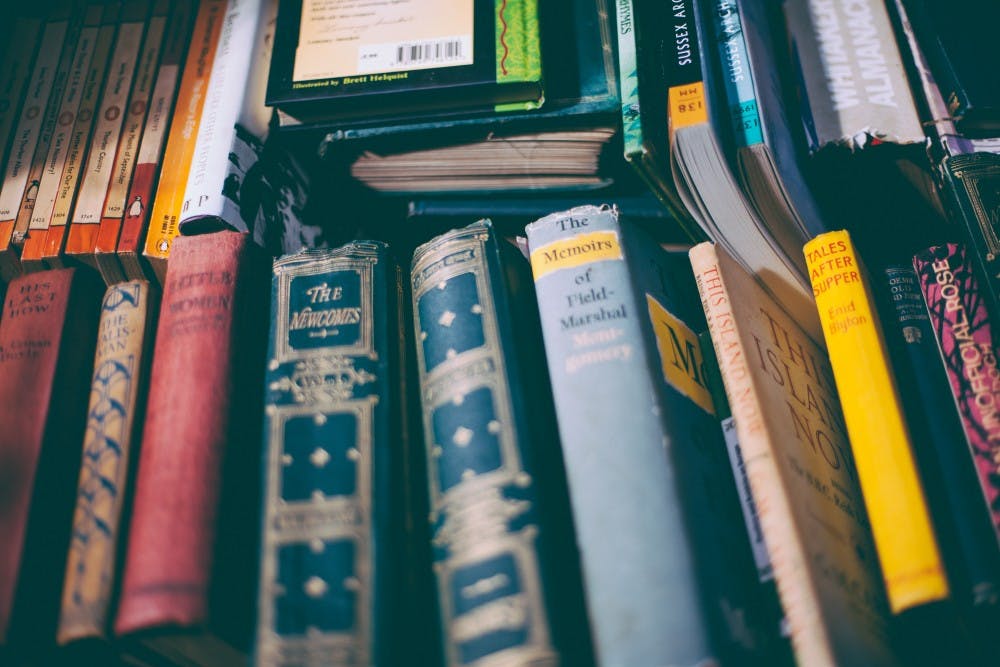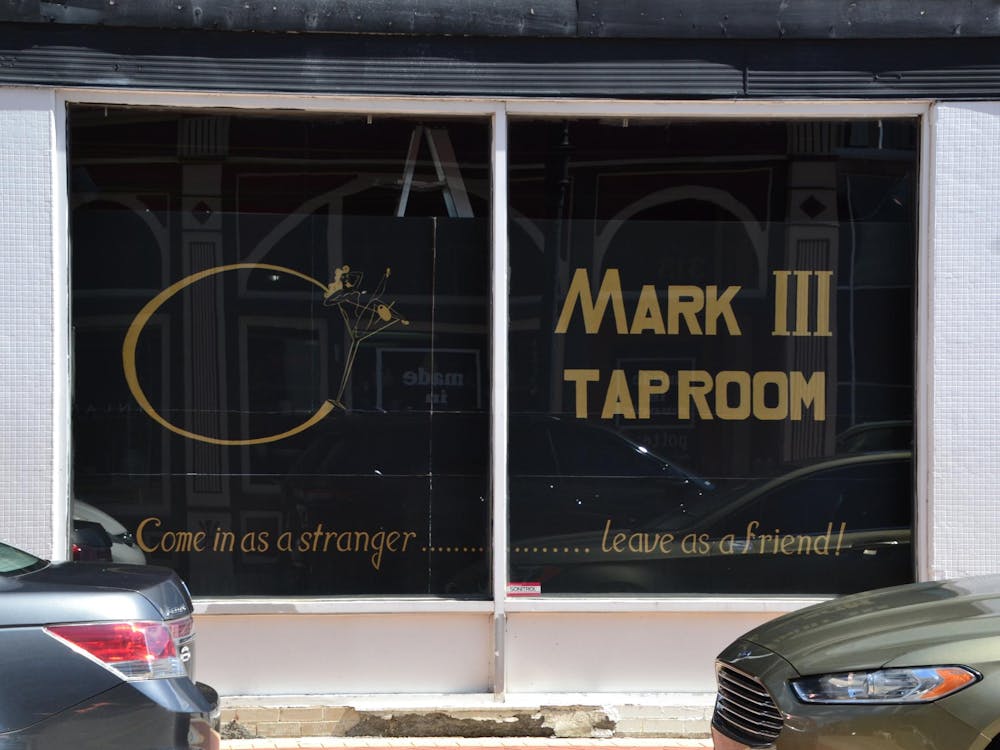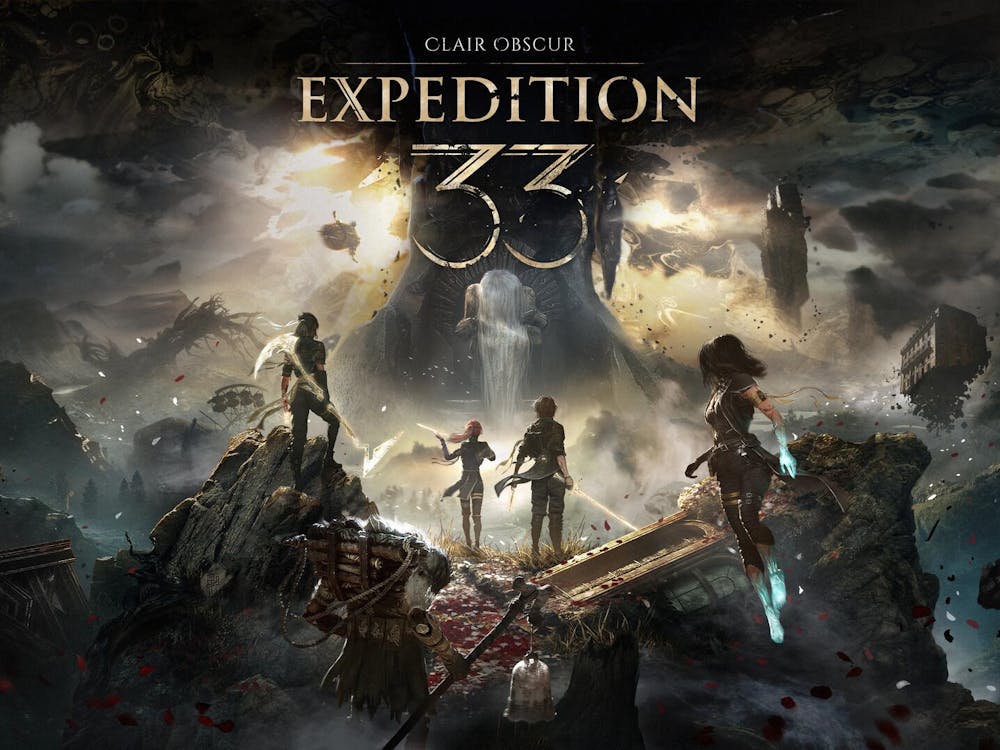Choosing books bound with a heartbeat, two eyes and a story to tell, readers visiting the “Human Library” had to move past judging a book by its cover.
Fifteen students volunteered for the “Human Library” to tell their life stories to readers who borrowed them for 20-minute one-on-one conversations.
With titles like “Intersex, Feminist, Queer and Disabled” and “Addicted to Admission,” the library was created to start conversations among Muncie community members to identify and reduce biases related to topics such as sexuality, ethnicity and religious beliefs.
For Rachel Replogle, a freshman theatre production and telecommunications major and one of the books, the “Human Library’s” expectation of no judgement helped her have vulnerable conversations in a safe place.
With discussions “all over the rainbow,” Replogle self-titled her book “Gay and Christian.” During her time with readers, she said she got to see how different ideologies can appreciate each other when talking about taboo topics.
“In an age of internet where it’s easy to hide behind text to attack other people, I think [the “Human Library] is a wonderful example that true human connection is possible when you are looking into eachothers soul windows — the eyeballs,” Replogle said.
For other books, like Hannah Aletheia, a senior pre-law major, her feeling of abnormality in the classroom led her to participate as a book in the library.
“Because I appear to look [like] a normal student, [readers] didn’t expect to hear the experiences I have had,” Aletheia said.
While talking with one reader, Aletheia said they told her how she didn’t appear to be dealing with “x, y and z.” In response, Aletheia said most students who face homelessness or disabilities don’t elect to share this information with their whole classroom.
“The wellness or health of the classroom relies on people respecting each other and understanding what you see in a classroom isn’t always what’s going on in people's lives,” Aletheia said. “You see them for a hour maybe a few times. It relies on the common respect for everybody the common what you see is what you get perspective.”
Although most don’t always feel comfortable sharing in a classroom setting, Jordan Hison, junior women and gender studies and psychology major, said participating in the library showed her that these conversations don’t have to be restricted to a library environment.
“I think all of us are here because we wanted to communicate, but just in life in general, I think it’s okay if there’s differences,” Hison said. “Ask if it’s okay to have a conversation with somebody. They may say no, but more often than not, [we] may find that people are really willing to discuss those things that make them different.”
Contact Pauleina Brunnemer with comments at pdbrunnemer@bsu.edu or on Twitter @pauleina15.





